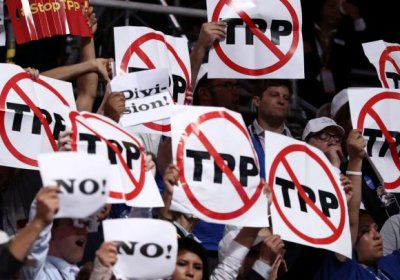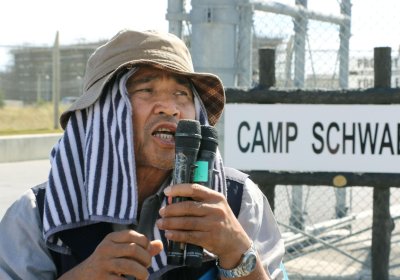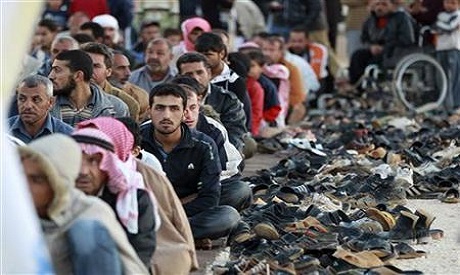In Tokyo on January 24, 11 Pacific Rim countries including Australia reached an agreement to sign a revived Trans-Pacific Partnership (rebranded the Comprehensive and Progressive Agreement for Trans-Pacific Partnership, CPTPP).
The huge free trade deal almost fell into oblivion last year when US President Donald Trump pulled his country out, citing concerns for the loss of US jobs.





 Refugees in Jordan.
The six richest countries in the world, who make up almost 60% of the world’s economy, are hosting less than 9% of the total number of refugees in the world, a July 18 report by British charity Oxfam found.
The analysis showed that the United States, Germany, France, China, Japan and Britain, which together make up 56.6% of the global gross national product, host just 2.1 million refugees combined.
Refugees in Jordan.
The six richest countries in the world, who make up almost 60% of the world’s economy, are hosting less than 9% of the total number of refugees in the world, a July 18 report by British charity Oxfam found.
The analysis showed that the United States, Germany, France, China, Japan and Britain, which together make up 56.6% of the global gross national product, host just 2.1 million refugees combined.

 Big protest against Japan's Prime Minister Shinzo Abe's security bill outside parliament in Tokyo, August 30.
About 120,000 people rallied outside Japan’s parliament on August 30 opposing what they call the “voluntary war law”.
Big protest against Japan's Prime Minister Shinzo Abe's security bill outside parliament in Tokyo, August 30.
About 120,000 people rallied outside Japan’s parliament on August 30 opposing what they call the “voluntary war law”.

